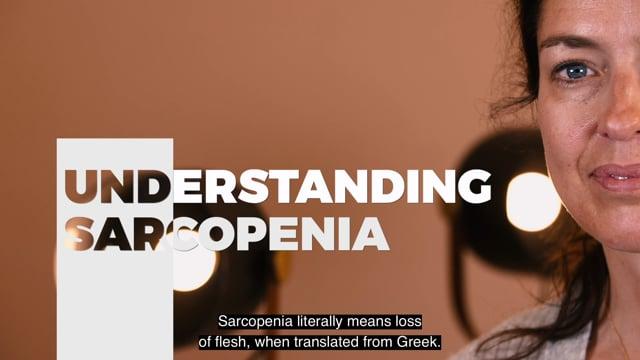The fall prevention training modules in this MOOC not only address this issue in its entirety, but also offer several more specific avenues for reflection.
Multidisciplinary aspects of falls
Beyond the carers, the problem is transversal: the last module is based on the testimony of a user representative who underlines, with examples, that it is necessary to include the person him/herself in the reasoning of good practices for the prevention of falls.
Professor François Puisieux, hospital practitioner at the Lille University Hospital:
"We must take an interest in falls, not only because they are serious events, but also because we can act. And all health professionals must be convinced of this.
Whether you are a physiotherapist, an occupational therapist, a nurse, a doctor, a surgeon, a quality manager or a director, the problem of falls concerns all profiles.
A test on the myths and realities about restraint
The use of chemical or physical restraint may be necessary, but it is also subject to a number of misconceptions.
A playful tool proposes to demystify this through a card game on the myths and realities surrounding restraint in the elderly.



